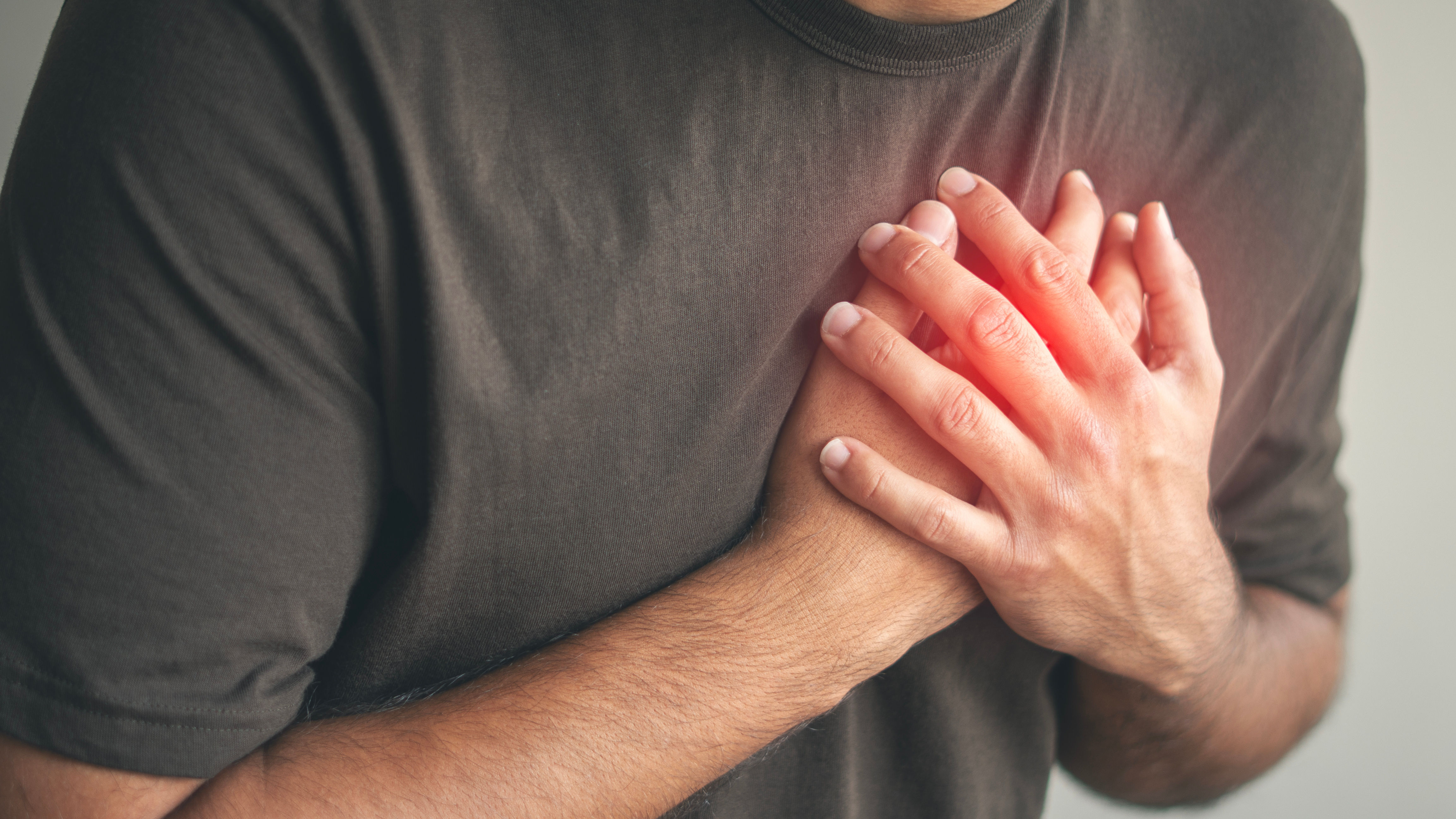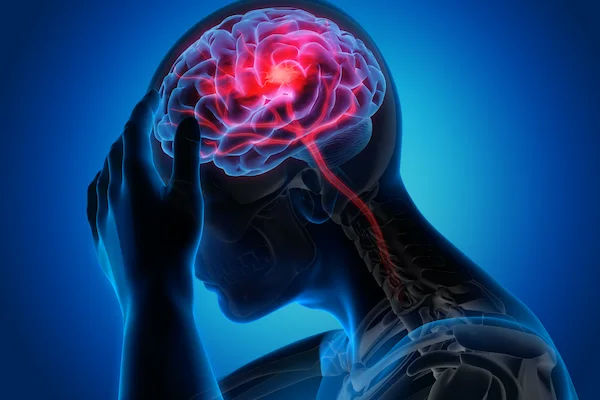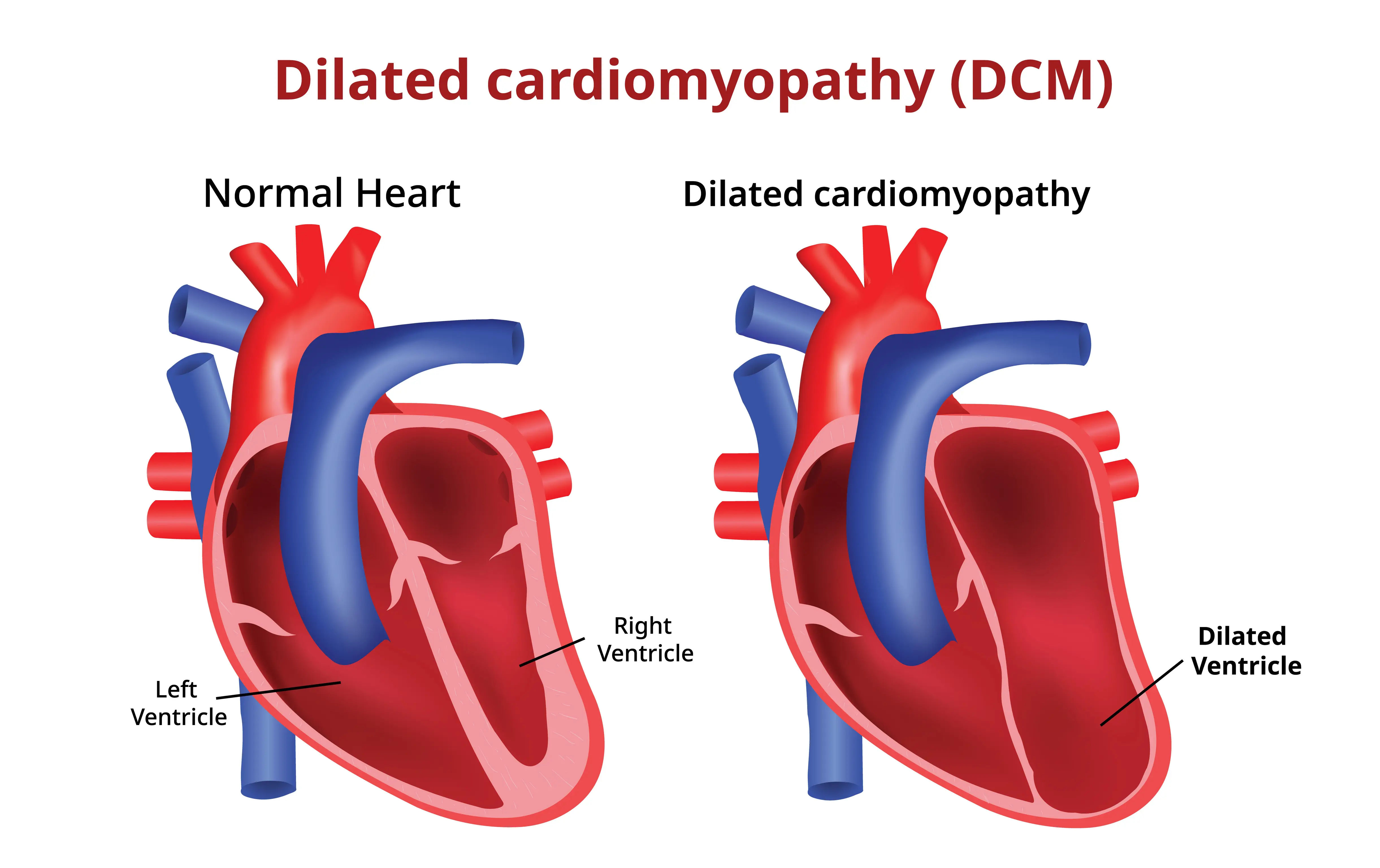- Male
- 22 Years
- 29/01/2025
I've been having this issue since an incident a few months back. I was eating crunchy peanut butter, and it got stuck in my food pipe, which led to some pain on the left side of my chest. It's been three months now, but I still feel pain in my chest sometimes. My heart rate also seems to elevate out of nowhere, even when I'm just lying down. Is there a link between the peanut butter incident and these heart symptoms? I've had an ECG and Echo, and both came back normal. I'm wondering if something could be wrong with my heart or if it's all just in my head. Would love to hear your thoughts on this.
Answered by 1 Apollo Doctors
It's good that you have already done ECG and Echo tests, and the results were normal. The symptoms you are experiencing may be related to esophageal irritation from the incident with the peanut butter, rather than a heart issue. To help with the chest pain and elevated heart rate, you can try taking over-the-counter antacids like Tums or Maalox to reduce acid reflux and irritation in the esophagus. Additionally, you can take a proton pump inhibitor like Omeprazole to further reduce stomach acid production. If the symptoms persist, you may also consider taking a medication like Propranolol to help with the elevated heart rate. However, it's important to follow up with your doctor for further evaluation and management.
Dr. Dhankecha Suggests...
Consult a Cardiologist
Answered 04/07/2025
0
0

More Cardiology Health Queries
View allI'm dealing with mild concentric LVH and my LVEF is at 65. I also have grade 1 diastolic dysfunction and mild to moderate MR, with an RVSP of 44 mm Hg. I find myself experiencing chest pain occasionally. What should I do about this, and is there something specific I should be concerned about?
Based on your condition, it is important to manage your chest pain and address the underlying heart issues. You may benefit from medications such as ACE inhibitors like Enalapril 5-20mg once daily to help with your heart function and blood pressure control. Additionally, a beta-blocker like Metoprolol 25-100mg once or twice daily can also be prescribed to improve heart function and reduce chest pain. It is important to follow up with your doctor regularly for monitoring and further management.
Answered by 1 Apollo Doctors
Is beer good for high blood pressure?
No alcohol is never good for high blood pressure.
Answered by 1 Apollo Doctors
Is chicken good for high blood pressure?
Choose fish, lean cuts of meat, skinless poultry and low-fat milk instead.If you eat beef, chicken, or fish that has been broiled or grilled at high temperatures, you may be increasing the likelihood that you'll develop high blood pressure,
Answered by 1 Apollo Doctors
Disclaimer: Answers on Apollo 247 are not intended to replace your doctor advice. Always seek help of a professional doctor in case of an medical emergency or ailment.



_2.webp)

